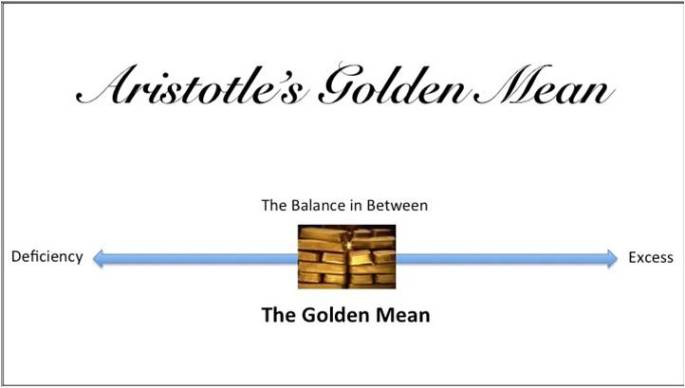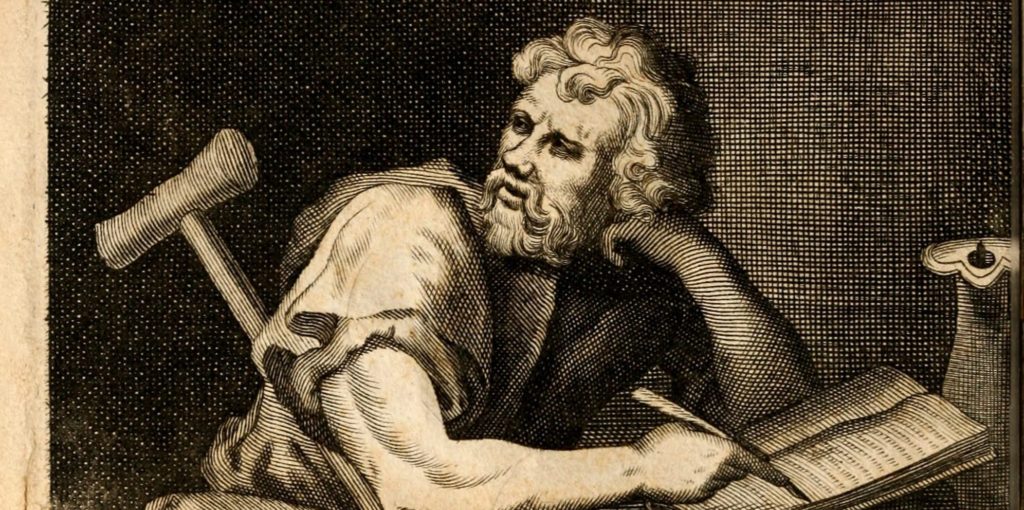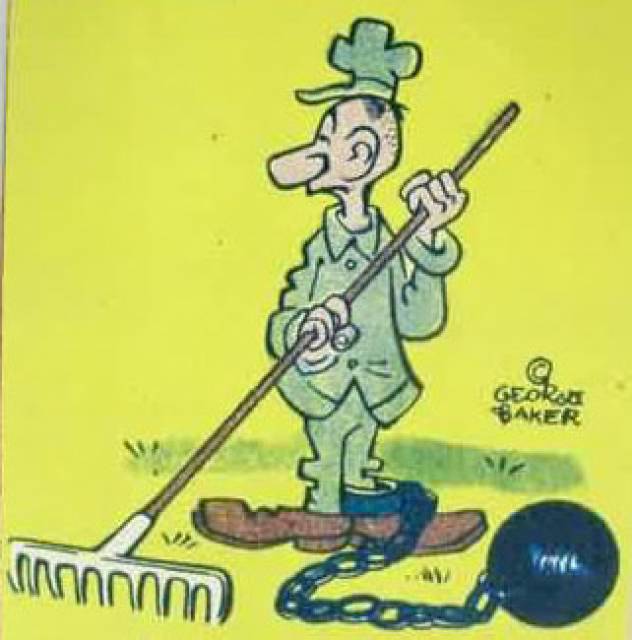I first attended The Pankey Institute in the late eighties. I was at the lowest point of my career. Admittedly times were a bit easier for a young dentist back then, but in many fundamental ways they were the same. The fundamentals never change but how best to use them are something you must always stay on top of. Over the past thirty years things have changed but the fundamental wisdom of dental practice has stayed the same.
For that reason I believe…hold on everyone…that the best and really the only way to have a fulfilling career in dentistry is through comprehensive relationship based fee-for-service practice. Let me explain.
On the first morning at the Institute I remember feeling overwhelmed. It was like the first time I sat down to write a book…I was focused on the herculean tasks of creating the practice of my dreams…an unbearable project. Every moment of that first week tested my competence and potential to succeed…and then there was the comparisons and contrasts I made with the other students. But I paid attention and took notes.
In a lecture late in the week, the instructor was discussing how to schedule this new type of practice. He told us to reserve just a morning to practice what we were learning. I returned home and secured every Thursday morning for practicing the Pankey way. That included a lot of new techniques for me and my staff. It was an easy way to introduce the new school of thought to my staff.
How do you eat an elephant? I used to ask myself…one bite at a time.
The lecturer that day, Dr. Irwin Becker who later became my mentor was more right than he even knew. Just about the same time, during the eighties, two psychologists, Edward Deci and Richard Ryan from the University of Rochester were beginning to formulate their now groundbreaking self determination theory of human motivation.
Let’s face it, writing a book or designing a fee for service dental practice takes a lot of energy and motivation. Back then and sadly today, the advice comes down to “Just Do It.” Deci and Ryan put some science behind human motivation for me…and then I backed into it…but years later, while studying positive psychology, I was gratified that I took Dr. Becker’s advice; otherwise I may not have had an accomplished and fulfilling career.
Let’s look at the science.
Deci and Ryan defined motivation as the “energy required for action.” How many times do we attempt to accomplish a worthy goal but run out of steam. We need drive. Many people never even try. It was the Stoic Seneca who said, “It is not because things are difficult that we do not dare; it is because we do not dare that things are difficult.” Installing a fee-for-service practice is difficult…if we dare to do it. It requires resources like drive and energy.
Deci and Ryan went on to further describe the elements of the drive and motivation they were describing. Firstly they noted the difference between extrinsic and intrinsic motivation. The extrinsic drives were the material rewards we are all familiar with, as well as status and recognition. The intrinsic drives included passion, curiosity and purpose. What they found was that intrinsic motivation was more effective in every tested situation, excluding when our basic needs haven’t been met (See Maslow’s Hierarchy of Needs. That’s a discussion for another post.)
Then something interesting occurred to them. They separated motivation again into controlled motivation, a form of extrinsic motivation and autonomous motivation, a form of intrinsic motivation. If it is work you have to do or are being forced to do, that’s controlled. Autonomous motivation is doing work you choose to do. Deci and Ryan found that, in every case, autonomous motivation destroys controlled motivation. Remember that the next time you are being coerced or seduced into work…I’ll leave the politics up to you dear reader.
The psychologists further explained autonomy by saying it occurs when we are doing what we are doing because of “interest and enjoyment” and because “it aligns with our core values and beliefs.” In other words, it is in alignment with the other intrinsic drives: curiosity, passion and purpose.
When we are the masters of our own destiny, we are also more focused, productive, optimistic, resilient, creative and healthy. In retrospect, this is what I found on those Thursday mornings.
In the years following the development of the Self Determination Theory, companies like Google and 3M found comparable results. Google allowed workers to spend 20% of their time pursuing projects of their own liking. The result was products like Gmail, Google Maps and Google Earth. 3M did the same years before–using autonomy as the driving force behind their 15 Percent Rule. That created products like the Post-It Note.
Autonomy as an intrinsic driver works—so starting slow to install fee-for-service just one morning per week is a sound idea.
And then there is the riddle of mastery. Mastery sits atop Pankey’s Ladder of Competency…the question is how does one achieve mastery? Once again it has been reduced to “Just do it.” But there is more science.
In a 1953 paper by Harvard psychologist, David McClelland, a leader in achievement and motivation theory wrote an original thesis titled The Achievement Motive. Deci and Ryan acknowledged that this thesis may have described an intrinsic driver even more important than autonomy. They called it competence, but it now is known as mastery.
The pursuit of mastery has been the subject of numerous scholars and authors from Theresa Amabile and Robert Greene to George Leonard. Most agree that mastery is the desire to get better at what we do. It is the need to continually get better, to improve and to make progress. It is the royal road to growth and flourishing…and the opposite of languishing and drudgery…the low rung on Pankey’s Ladder of Competency.
Working toward worthy goals is pleasurable. Making progress produces the neuro-chemical dopamine. According to Dan Pink, author of the popular book Drive, “the single biggest motivator by far, is making progress in meaningful work.” At my lowest point in dentistry I felt stuck. Hopeless. My work had lost its meaning. Today we call that burnout. Those Thursday mornings turned on the light…the light of hope.
We need the freedom to chase mastery. That freedom comes from autonomy. Without the intrinsic driver of autonomy it is difficult to sustain the drive necessary to achieve mastery…this is based on our biology, not just some story, fairy tale, or business myth.
So after installing the Pankey Thursday mornings where I could practice autonomously, applying the lessons I needed to learn, I slowly put the complex elements of comprehensive relationship dentistry together. I started with the comprehensive examination and built on that by learning all of the components from the mundane mounting of models to the nuances of advanced occlusion. It took time…but driven by dopamine and progress, slowly I was installing my model practice.
I realized that learning the softer behavioral skills were just as important as the technical, so in time I learned about case presentation. Through the years I learned new skills like digital photography and Power Point. This is the essence of mastery. I am retired now and looking back I see how that moment when Dr. Becker suggested the Pankey Morning changed my life.
Today things are different. There is pressure on young dentists to go right into corporate dentistry or practice in a way that seeks the extrinsic motivators only. Many of the newer models of practice are an assault on autonomy. This is a mistake, but the young dentist doesn’t realize it for years to come, and I hear rumblings on social media…about the drudgery and burnout and professional exits.
My new book, The Porch, is a fable about a dentists who is losing his autonomy and breaks down. By finding a mentor and keeping his eyes on the ultimate prize he goes from despair to hope.
There is a way to enjoy dentistry…start with one morning per week and you will see, as I did that fee-for-service comprehensive relationship based dentistry is the only way to practice that makes sense.
IF YOU ORDER A COPY OF THE PORCH OVER THE NEXT TWO WEEKS–RECEIVE A FREE COPY OF THE ART OF CASE PRESENTATION—-LEARN THE INDISPENSABLE SKILL TO SUSTAIN AUTONOMY.
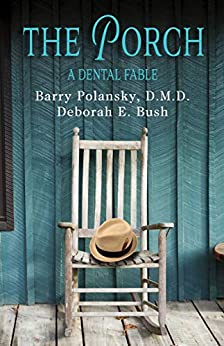
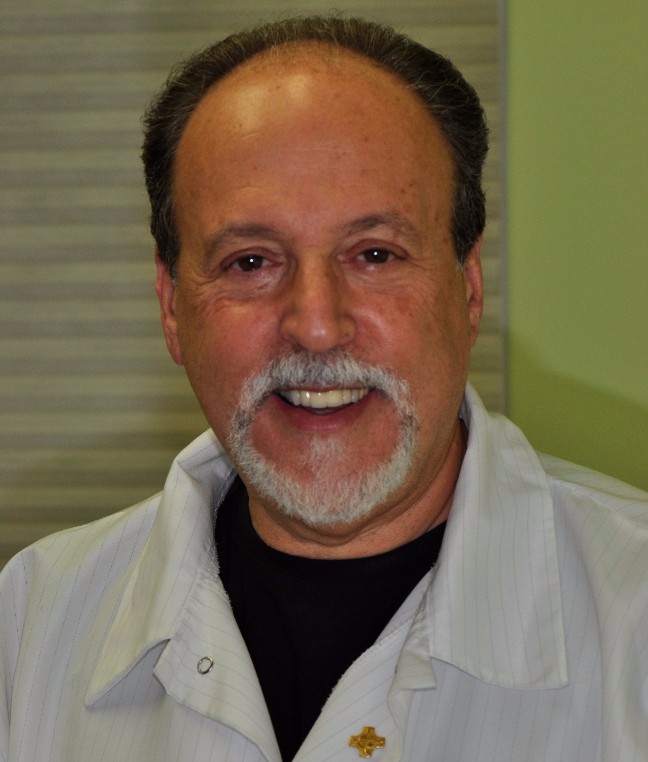
 Download Our Free E-Book
Download Our Free E-Book





